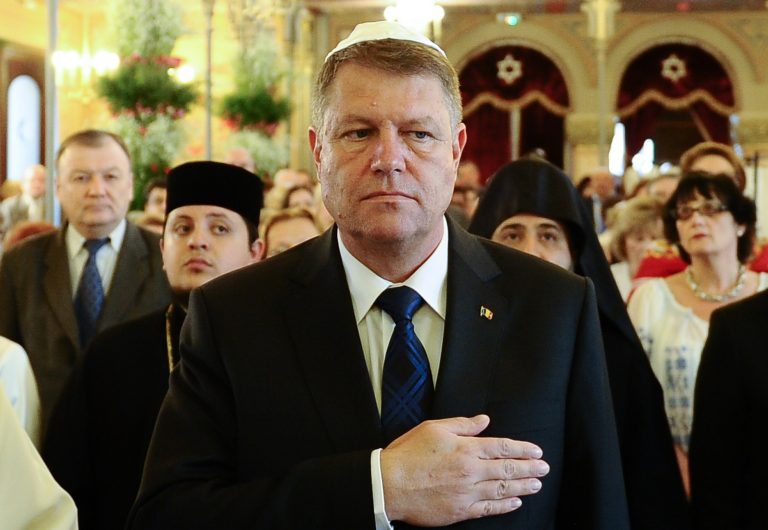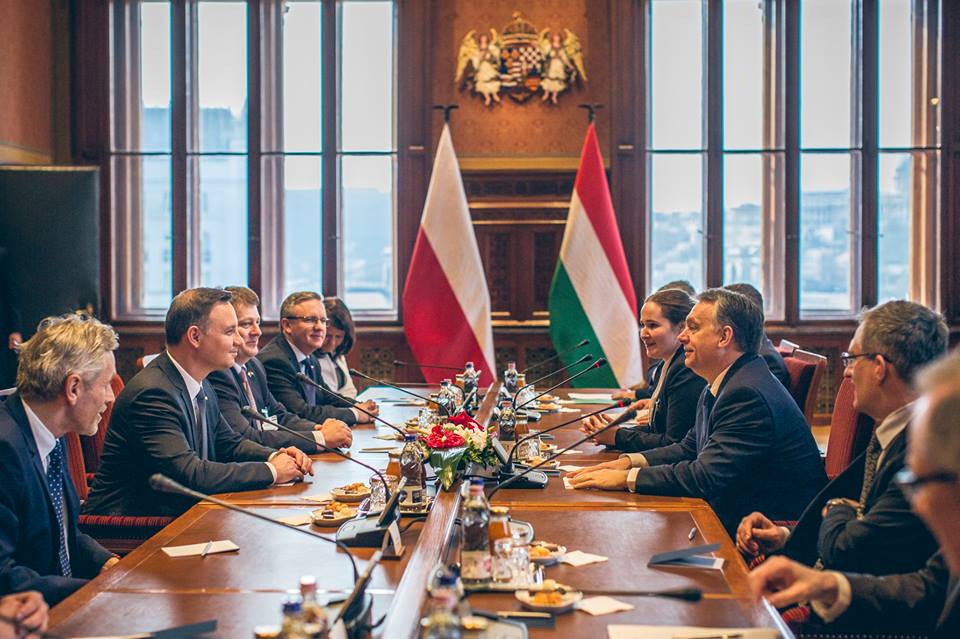Czechia – As Czechia announced early June to withdraw from the legally binding relocation scheme of the EU, the European Commission threatens to take the Czech government to court.
Despite the threats of the EU migration Commissioner Dimitris Avramopoulos, Czechia’s government announced to withdraw from the EU relocation scheme, which aimed to relocate until September of this year 160,000 asylum seekers, who arrived with the huge migration wave of 2015 (app. 1.6 million illegals entered the European Union back then).
This move from the Czech government might be seen as an electoral tactic, underlines the pro-migrants Martin Rozumek, executive director of the Prague-based Organization for Aid to Refugees, asked by the left-wing EU Observer. “In my opinion it’s just a political message for voters, assuring them that we will not bring new comers who could be dangerous, which is nonsense,” said the liberal activist.
Elections will indeed take place this autumn, and this might well be one of the reasons of this move, since Czechia is already not taking in any more migrants for a year now.
Czechia and the V4 against the concept of mandatory solidarity
In Brussels, Commissioner call for more solidarity, and try to force on Central European countries’ governments to take in migrants. Czechia, along with Austria, Hungary and Poland, is flagged up by reports of the EU. Czechia took in only 12 migrants on the 2,691 she should have taken in under the relocation scheme.
“Due to the aggravated security situation and the dysfunctionality of the whole system, the government approved… a proposal to halt this system for the Czech Republic,” told at a press conference the minister of Interior Milan Chovanec. “That means the Czech Republic will not be asking for migrants to be relocated from Greece and Italy.”
Czechia made this announcement while the European Commission warned it could open infringement proceedings against countries who reject its redistribution plan.
Responding to Brussels’ threats to nations wanting sovereignty over their borders, Chovanec said in April the Czech Republic would rather face sanctions than be forced to take migrants. He cited security concerns over the fact asylum seekers set to be forced upon Czech taxpayers were proving incapable even of staying put in Italy and Greece whilst security checks were processed, summed up Breibart.
Opposition parties support the social-democrat government on this stance. Deputy chairman of the Czech Communist party, Jiří Dolejš, expressed his concerns toward immigration as it carries “considerable social and security risks”. From the right-wing liberal and right-libertarian Party of Free Citizens, Petr Mach also underlined his support. “I congratulate the government, which on proposal of the Minister of Interior decided not to accept more migrants under the relocation quotas. If the European Union imposes sanctions against us, we should ignore these sanctions”.




